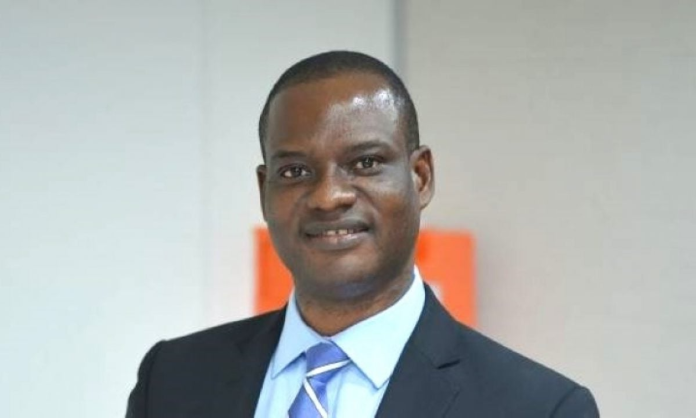Chairman of the Presidential Committee on Fiscal Policy and Tax Reforms, Taiwo Oyedele, stresses the urgency of passing the Tax Reforms Bills, highlighting that many Nigerians are struggling with severe economic challenges. Oyedele addresses concerns raised by Borno State Governor, Babagana Zulum, who criticizes the proposed reforms for being rushed and potentially unfavorable to Northern Nigeria.
Governor Zulum calls for a halt to the tax reforms, stating that their current structure disproportionately benefits states like Lagos and Rivers while disadvantaging Northern states. He argues for extended consultations to address misconceptions and ensure fairness.
“Why are we in a rush? Let’s pause and conduct deeper consultations to understand the details of this tax regime before it becomes law,” Zulum says. He also warns against clauses in the bill that could negatively impact the North, urging revisions to promote equitable distribution of resources.
In response, Taiwo Oyedele refutes the claims of a rushed process, asserting that the reforms are critical for providing relief to Nigerians. He compares the urgency of the tax reforms to the swift global response to the COVID-19 pandemic, advocating for immediate action to address issues such as high food inflation and excessive taxation of small businesses.
“This is an emergency. Small businesses are overburdened with more than 60 official taxes and 200 unofficial levies. We must respond quickly to alleviate this crisis,” Oyedele states.
He notes that the reform process has been in progress for over a year, with drafts shared with governors and technical teams since May. The bills are currently under review by the National Assembly, where Oyedele believes stakeholders should focus on expediting discussions to provide swift relief for Nigerians.
Proposed Changes to VAT Allocation
The Tax Reforms Bills introduce a derivation-based model for allocating Value Added Tax (VAT) revenue, sparking regional debates. Currently, VAT revenue is distributed as follows:
- 15% to the Federal Government
- 50% to states and the Federal Capital Territory (FCT)
- 35% to local governments
An additional derivation principle of at least 20% applies to states and local governments. The proposed reforms aim to base revenue distribution on consumption rather than remittance, addressing perceived inequities in the existing system.
The proposed reforms have faced resistance from Northern elites and lawmakers, who express concerns about the potential economic impact on their region. Oyedele calls for collaboration among stakeholders, emphasizing the importance of public awareness and inclusive dialogue to address these concerns.
“It is essential to finalize these reforms quickly to provide relief to Nigerians. Delays only prolong the challenges faced by millions of people,” Oyedele adds.
The Tax Reforms Bills aim to simplify Nigeria’s tax system, reduce the burden on small businesses, and enhance economic equity. However, the success of these reforms relies on constructive engagement among stakeholders and a clear resolution of regional concerns as the National Assembly continues its deliberations.













